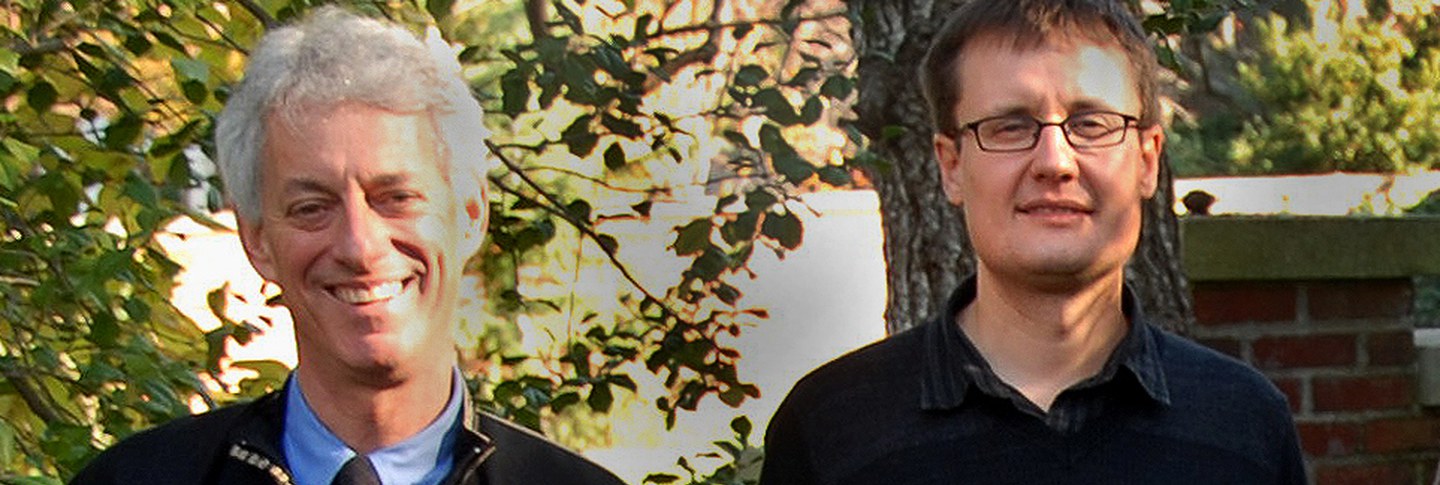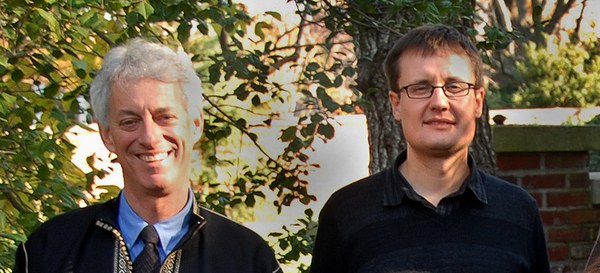Dumbarton Oaks is pleased to announce the award of a major grant from the Andrew W. Mellon Foundation to create a new interdisciplinary program in urban landscape studies. The grant of $850,000, disbursed over four years, was awarded through the Mellon Foundation’s initiative in “Architecture, Urbanism, and the Humanities.” It will add a significant new focus to the existing program in Garden and Landscape Studies at Dumbarton Oaks, bringing landscape architects and historians together to explore how urban environments got to be the way they are and how best to manage them today.
The grant will be used for the Mellon Initiative in Urban Landscape Studies. It will involve three principal components: a new program of semester-long fellowships to be shared among designers and academics, as well as shorter-term residencies for senior practitioners; a series of academic events to foster interactions among these scholars and practitioners, along with other humanities scholars at Dumbarton Oaks and neighboring academic institutions; and a series of public programs, including lectures, colloquia, workshops, and publications, all aimed at disseminating the initiative’s work nationally and internationally. The Mellon Initiative in Urban Landscape Studies will be led by John Beardsley, Director of Garden and Landscape Studies at Dumbarton Oaks.
The project will be organized around broadly conceived themes relating to the history and current condition of urban landscapes. These themes will be structured to acknowledge the current importance of sustainability, adaptability, and resilience, and to foster a greater historical awareness of these concepts. The themes will also promote an understanding of cities as landscape systems by inviting engagement with such topics as topography, hydrology, and climate; landscape and public history; the urban/rural interface; urban form, biodiversity, and agriculture; the repurposing of derelict urban spaces; and informal urbanism.
In announcing the award, Professor Jan Ziolkowski, Director of Dumbarton Oaks, noted that “Dumbarton Oaks is one of the few institutions in the world with a program devoted to garden and landscape studies that is targeted at both humanities scholars and landscape practitioners. This grant will significantly expand our opportunities for both groups, fostering constructive dialogue between them about the history and future of urban landscapes, and encouraging them to bridge the gap between their professional modes of thinking. The world has changed vastly since our founding nearly seventy-five years ago, but at the same time this new initiative accords beautifully with the engagement between higher research and the public, as well as between scholars and practitioners, that created our own gardens and that dictated the terms of their access. I could not be more grateful to John Beardsley and the Mellon Foundation for embarking upon this new venture.”
As part of its mission to advance meaningful work in the humanities and the arts, the Andrew W. Mellon Foundation launched the “Architecture, Urbanism, and the Humanities” initiative in 2012 to support scholarship and higher education at the intersection of architecture and the humanities. The initiative emphasizes the joint contributions that the humanities and the design and planning disciplines may make to the understanding of the processes and effects of burgeoning urbanization. The grant in support of the new urban landscape studies program at Dumbarton Oaks is one of fifteen made so far to major institutions of higher education and research.
Mariët Westermann, Vice President of the Foundation, who created the initiative, wrote that “we are thrilled about the work Dumbarton Oaks will be undertaking and the contribution it will make to the developing dialogue between humanities scholars and landscape practitioners. The combined attention to historical and design considerations in landscape urbanism is a powerful development in the field.”
For further information, write landscape@doaks.org.

